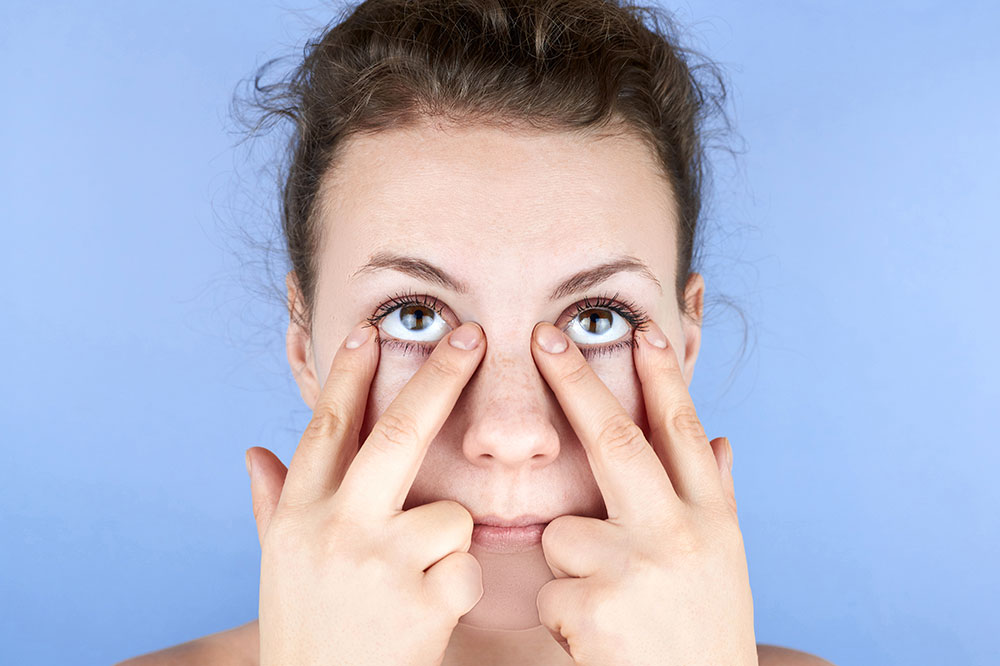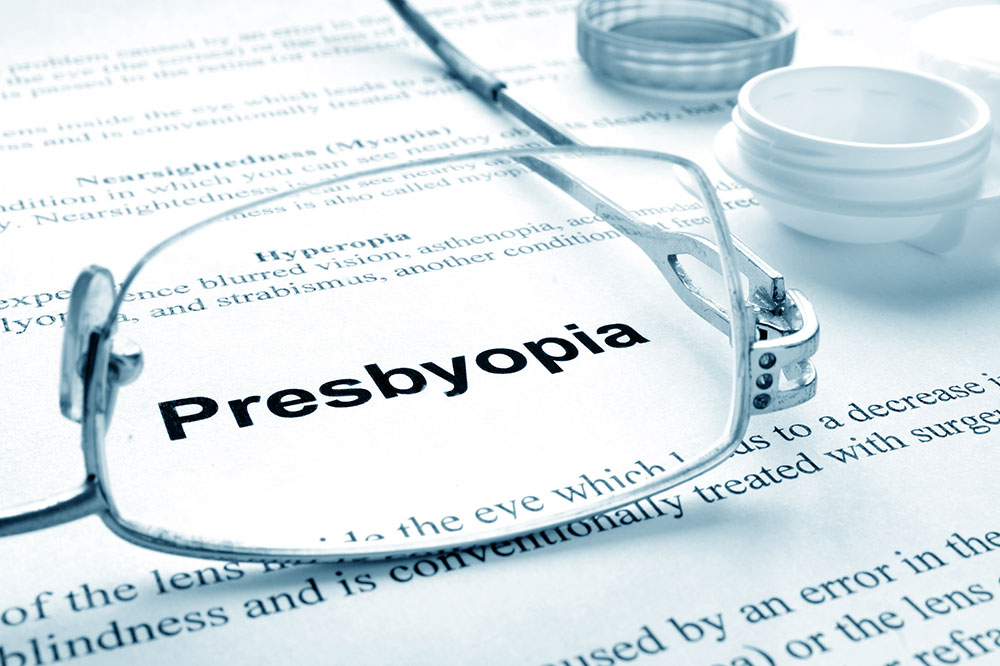Understanding Presbyopia: Natural Remedies and Dietary Tips
Discover effective natural remedies, dietary tips, and lifestyle changes to manage presbyopia. Learn about eye exercises, warm compresses, and nutritious foods that support eye health and improve vision. Always consult an eye specialist for personalized advice and treatment options.

Understanding Presbyopia: Natural Remedies and Dietary Tips
As we age, our vision can deteriorate, leading to common eye issues. Presbyopia, or age-related farsightedness, impairs the ability to see nearby objects clearly. This occurs because the eye’s lens loses flexibility over time, reducing focusing power. Fortunately, managing presbyopia is possible through various strategies. Below are key symptoms, practical home treatments, and nutritious foods that support eye health and help mitigate symptoms.
Recognizing presbyopia
People often struggle with reading small print and may squint frequently. They might extend reading materials away from their eyes to focus better.
Difficulty seeing in dim light and eye strain are common symptoms, often resulting in headaches. Recognizing these signs is important for early management.
Home strategies for dealing with presbyopia
In addition to eyewear and medical options, try these natural techniques:
Eye exercises
Engaging in simple eye movements like focusing on distant objects, shifting between different text sizes, and practicing focus shifts can enhance lens flexibility. Always seek professional advice before starting any exercise routines.
Warm compresses
When eyes feel strained or tired, apply a warm, damp cloth over the eyes to relax muscles and improve circulation. Rest is also vital to prevent further strain.
Nutrition plays a crucial role in maintaining eye health. Consuming foods rich in vitamins A, C, E, omega-3 fatty acids, and zinc supports vision. Incorporate carrots, leafy greens, avocados, pumpkin seeds, chickpeas, and flax seeds into your diet. Additionally, eye drops designed for presbyopia can soothe and improve near vision, but consult an eye specialist for appropriate use and dosage.
Note:
This article provides general information about presbyopia. It is not intended as medical advice. Always consult healthcare professionals for diagnosis and treatment tailored to your specific needs.










